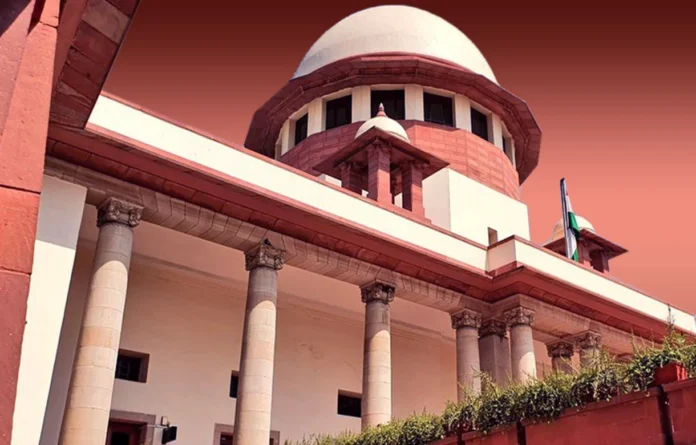The Supreme Court on Friday issued orders for the liquidation of debt-ridden Bhushan Power and Steel Limited (BPSL), after rejecting the resolution plan worth Rs 9,700 crore, proposed by JSW Steel Limited.
Terming the resolution plan as unconstitutional, the Bench of Justice Bela Trivedi and Justice Satish Chandra Sharma ruled that the Committee of Creditors (CoC) erred in approving JSW Steel’s plan, in violation of the Insolvency and Bankruptcy Code (IBC).
JSW Steel had emerged as the successful resolution applicant for BPSL in 2019, after offering to pay over Rs 19,000 crore to financial creditors.
The National Company Law Tribunal (NCLT) approved the plan in September 2019.
Despite legal challenges, including concerns raised by the Enforcement Directorate (ED) regarding the attachment of BPSL’s assets, the National Company Law Appellate Tribunal (NCLAT) upheld the NCLT order.
Amid growing concerns over JSW Steel failing to implement the plan for years after approval, the matter reached the top court of the country.
The Apex Court noted that the resolution applicant failed to fulfill essential post-approval obligations, undermining the very objectives of the IBC, which included time-bound resolution of insolvency and maximization of asset value.
In December 2024, the ED decided not to pursue its appeal before the Supreme Court against JSW Steel’s takeover of BPSL under the IBC.
It also returned attached assets valued at Rs 4,025 crore to JSW Steel, so that it could take control of BPSL, pursuant to the insolvency resolution process under IBC.
On December 11, 2024, the Apex Court directed the ED to hand over the attached properties of Bhushan Power, after it decided not to pursue its case against Bhushan.
ED had previously attached BPSL’s assets under Section 5 of the Prevention of Money Laundering Act (PMLA), 2002, as the former promoters of BPSL were accused of defrauding banks and diverting funds for personal gains.
The Committee of Creditors (CoC) challenged the ED attachment during the corporate insolvency resolution process (CIRP), claiming it violated IBC protections.
In turn, the national agency opposed JSW Steel’s resolution plan, arguing that the assets attached under PMLA were tainted.
However, the ED later withdrew its challenge citing Section 32A of IBC.
Inserted in IBC with effect from December 2019, Section 32A provided immunity to the corporate debtor and its assets from prosecution or attachment if a resolution plan of a company under insolvency was approved. This meant the attachment of properties by ED also ceased on the approval of a resolution plan.
Earlier, the national agency had argued that this immunity should not apply to the BPSL case, as the asset attachment by the ED preceded the introduction of Section 32A. However, it changed its stance later on, leading to the withdrawal of its earlier plea in the matter.


